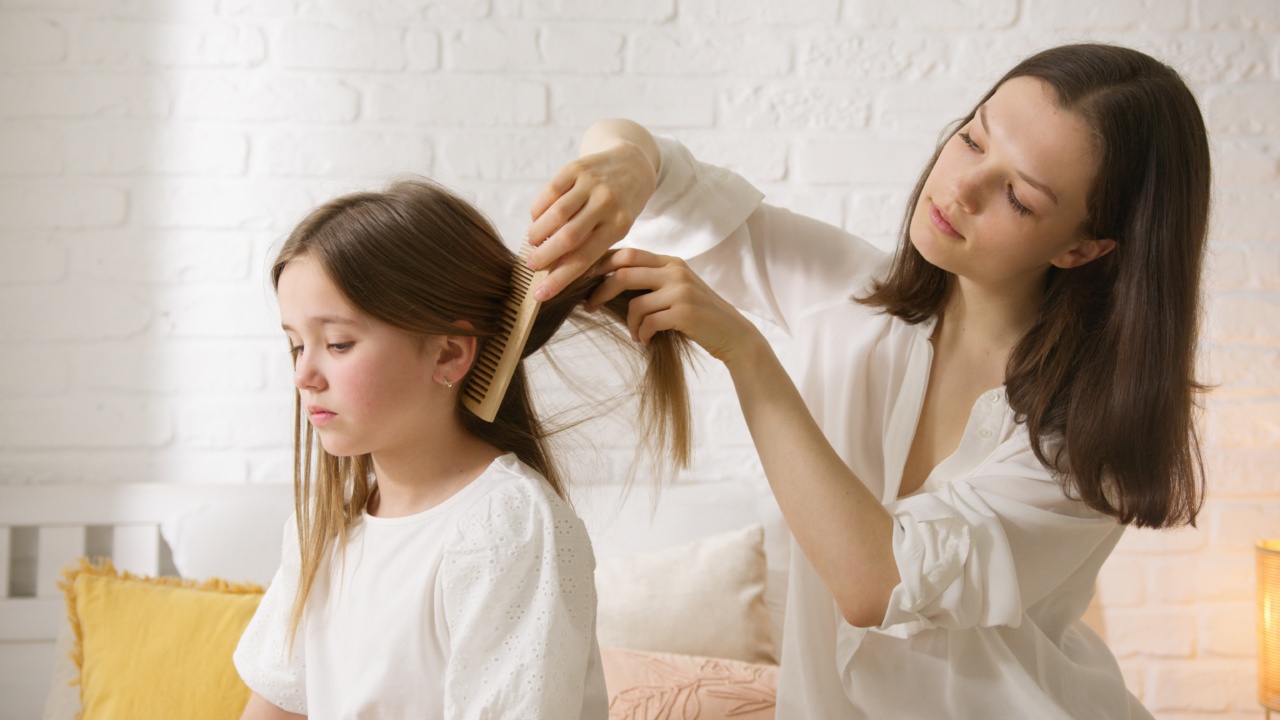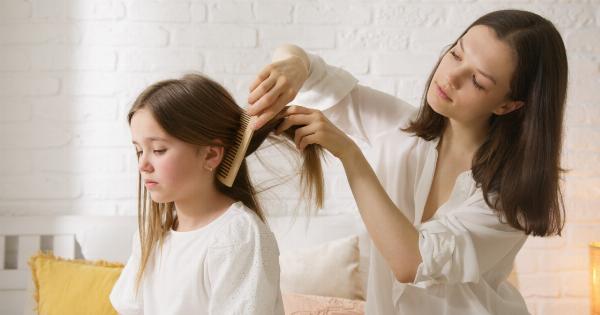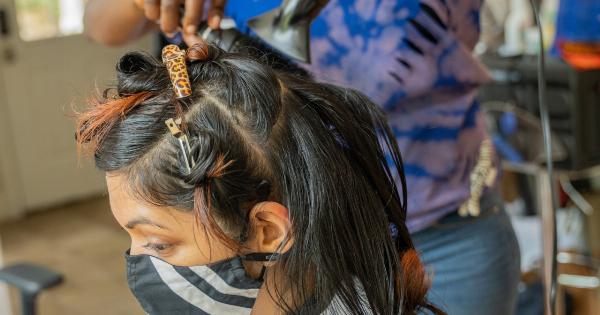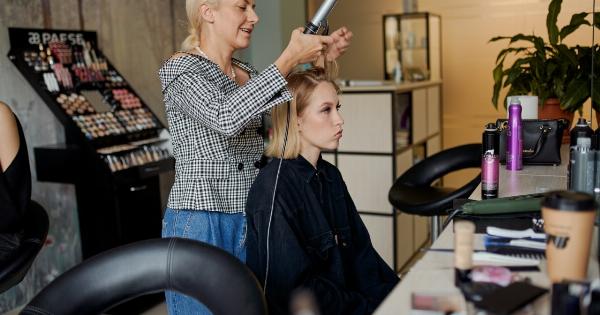Combing your hair seems like a straightforward task, but it is essential to do it correctly to prevent hair damage and breakage.
Whether you have long, short, curly, or straight hair, knowing how to comb your hair is crucial to maintaining healthy and beautiful hair. Below are some dos and don’ts of combing your hair.
Do Use the Right Comb for Your Hair Type
Not all combs are created equal, and using the wrong type of comb for your hair type can result in unnecessary hair damage. For instance, use a wide-tooth comb for detangling long or curly hair and a fine-tooth comb for styling shorter hair.
Additionally, choose a comb with smooth rounded teeth to reduce hair snagging and breakage.
Don’t Comb Wet Hair
Combing wet hair can be one of the most damaging things that people can do to their hair. Wet hair, unlike dry hair, is weak and fragile and can easily break and damage when combed.
If you must comb wet hair, use a wide-tooth comb, and start at the ends, gently working your way up to the roots.
Do Start Combing From the Ends
Many people make the mistake of combing from the roots downward, which can cause tangles and knots to worsen. Always start combing from the ends and gently work your way up toward the roots.
This method is less likely to cause hair damage and will make it easier to detangle hair.
Don’t Combing Roughly
Combing your hair roughly can cause unnecessary hair breakage and damage. Always take your time when combing your hair, and use gentle strokes. Additionally, avoid aggressive combing; instead, use slow and deliberate strokes when detangling your hair.
Do Comb Your Hair Regularly
Regularly combing your hair can help distribute natural oils, which helps to keep hair healthy and moisturized. Additionally, combing your hair can help to reduce hair shedding and breakage.
Aim to comb your hair at least once a day, and use the appropriate type of comb for your hair type.
Don’t Use a Dirty Comb
A dirty comb can cause hair damage and contribute to hair loss. Dirt, product buildup, and oils can accumulate on combs and cause breakouts, dandruff, and other scalp issues. Therefore, it is essential to clean your comb regularly.
Use a mild shampoo or soap with warm water to clean your comb thoroughly.
Do Be Gentle Around Your Hairline
The hairline area is delicate and prone to hair damage; therefore, it is crucial to be gentle when combing around this area. Avoid pulling hair forcefully around the hairline, and instead, use a gentle brush to style the hair.
Additionally, if you wear a ponytail or braids regularly, make sure you do not pull hair too tight or too much around the hairline.
Don’t Comb Hair Excessively
Excessive combing can cause hair breakage and damage, particularly if you have curly or fragile hair. Therefore, avoid combing your hair excessively throughout the day, and instead, use gentle strokes when brushing or detangling your hair.
Additionally, avoid brushing or combing your hair aggressively while it’s wet, as this is when hair is most vulnerable and prone to breakage.
Do Use Conditioner or Detangling Spray
If you have tangled or difficult-to-comb hair, using a conditioner or detangling spray can help reduce hair breakage when combing. Apply conditioner to wet hair and use a wide-tooth comb to detangle hair gently.
Alternatively, use a detangling spray on dry hair to make it easier to comb and style.
Don’t Share Combs with Others
Sharing combs with others can lead to the spread of bacteria and other scalp issues such as dandruff and lice. Therefore, it is advisable to use your comb only to prevent the spread of germs to others.






























